Un-representative Democracy
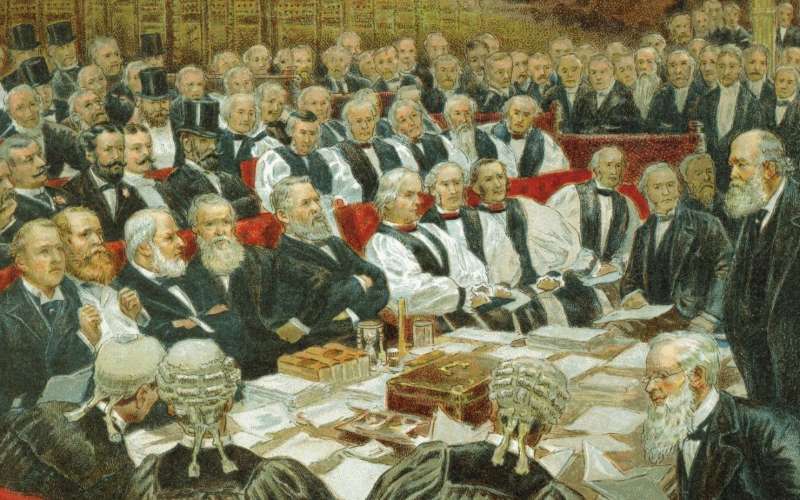
Widespread participation and active engagement were never a central consideration in the design of the systems of Western democracies. As Varoufakis points out, “Magna Carta, the defining document of Western democracy, was not about fashioning an Athenian-style masterless Demos: It was about entrenching the rights of masters vis-à-vis the Monarch.”
However, if we ever could, we can no longer seriously claim that liberal democracies include an ‘active community of citizens’ engaging in a contest of opinions. Indicators of a truly functioning democracy such as voting turnout rates, and membership of political parties or trade unions, have all reached historically low levels in most Western nations in recent years.
A comprehensive 2017 study shows that there is a highly variable relationship globally (by nation and party) between voter desires/political promises, and actual legislation implemented by elected officials. Even worse, the landmark 2014 Gilens & Page study demonstrated an increasingly strong correlation between legislation implemented and the interests of those funding the politicians.
These, and many other studies, show data to support an interpretation that the once shining beacon of liberal democracy, the USA, is now essentially a plutocracy (or dictatorship) controlled by “economic elites and organised groups representing business interests”. Recent political developments in the U.S since 2014 (such as a war on journalism and the gutting of the US Postal system) have only worsened this situation.
In Is New Zealand becoming a plutocracy?, Maria Armoudian and Timothy Kuhner point to the Gilens and Page study, then go on to argue that in NZ we face some of the same threats that are unravelling the United States’ democratic representation. The authors point to the unregulated lobbying industry, opaque political fundraising, and corporate and foreign donations in particular.
Democracy 2.0
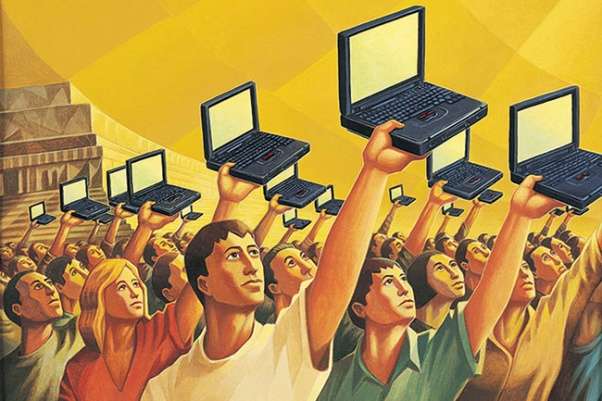
So, what can be done to reverse this steady decline of democratic representation and the resurgence of authoritarianism globally?
Roslyn Fuller in Forbes, writes that in order to rediscover what democracy should be for the modern nation state we need to “go back to what the ancient Athenians invented in the 5th century BCE, where every citizen regularly participated in discussion and voting for the laws that would steer their livelihoods and survival.”
Fuller is in good company in the belief that new technology and communication tools can now provide the means to scale up for millions of people what ancient Athenians did for a small number of privileged citizens.
There is no shortage of Innovative thinking, technologies, or projects demonstrating how crowd-sourcing democracy in the modern era might work. For example a 2005 paper outlined 57 Democratic Innovations from Around the World including ideas like Participatory Democracy, Participatory Budgeting, Citizens Juries and Assemblies, and much more. Notably bold experiments on a National level include Switzerland, Taiwan, Iceland, Finland, Portugal, and Brazil.
A recent OECD Report, Innovative Citizen Participation and New Democratic Institutions – Catching the Deliberative Wave, states that “Public authorities from all levels of government increasingly turn to Citizens’ Assemblies, Juries, Panels and other representative deliberative processes to tackle complex policy problems ranging from climate change to infrastructure investment decisions.” The report explores trends, best practices, reasons and routes for embedding such processes into public institutions to give citizens a more permanent and meaningful role in shaping the policies affecting their lives.
Democracy 2.0 in Aotearoa?

So where does New Zealand currently stand in this Democratic transition?
As Max Rashbrooke sums it up in his contribution to the Transitional Democracy series:
“Imagine a twenty-first century piece of software trying to run on a twentieth-century computer, and you have a fair picture of the New Zealand democratic system”.
In this current age of transition in which everything is up for redefinition, it is clear that our political establishment could be doing far more to support and facilitate truly democratic participation. We must begin to develop a new definition or ‘grand narrative’ for democratic governance both as a nation in Aotearoa and as a global society.
So what might a system worthy of the definition of Democracy 2.0 look like in Aotearoa?
I wrote another short piece on that topic, and how we might get there. Read it here.
TLDR: I speculate that it might be based on Māori worldviews, involve constitutional reform to reimagine the relationship between Maori and the crown, be genuinely participatory, decentralised, bioregion focused, and make use of modern communications technology. It might also ensure that we move beyond divisiveness, call out culture, and censorship, towards a culture of more inclusive, civilised, and compassionate communication.
How do we get there?
The systems, the technology, and the popular support for such democratic innovations to be adopted are all here already. The only thing still lacking is clear political will from our representatives. Just as turkeys will not vote for Christmas, politicians on most points on the ideological spectrum appear to be loath to hand over any real power to citizens. This means that if we want to upgrade our democracy in New Zealand, it is up to us all to drive this change both from within and outside of the established political system.
To do this we might consider becoming active and engaged in the political process via parties, local politics, or advocacy groups. We can also join collaborative efforts such as Predator Free NZ, or efforts to regenerate our local environment or community infrastructure. We may also want to launch, or take part in discussions about increasing democratic participation everywhere we can, in our local communities, our schools, our workplaces, and even our online environments.
In other words, we must work tirelessly to tend the garden of our new political culture by fostering the positive seeds of the global tapestry of alternatives thrown up by this transitional time to ensure they grow into a stable new truly democratic system.
The Transitional Democracy Series
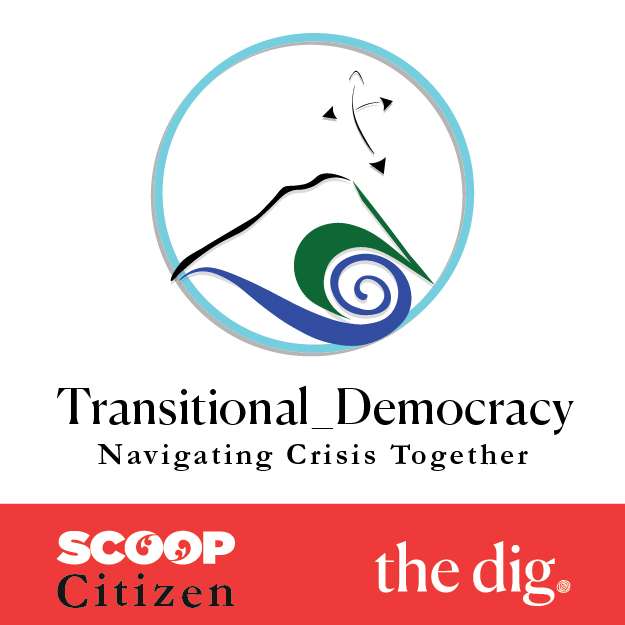
ScoopCitizen is walking the walk on participatory and deliberative engagement by running the Transitional Democracy series in the lead up to the 2020 election and beyond.
This series weaves together and explores powerful ideas from the global tapestry of alternatives that may shape our society in the next decade. It will feature expert analysis, comment and panel discussions exploring crucial questions around both the democratic transition and transitional thinking reshaping every aspect of our society.
Transitional Democracy highlights the key, ideas, thinkers, projects and champions building the new systems and democratic institutions, practices and infrastructure for our future world.
The Transitional Democracy series will establish five new long-term CitizenDesks covering five key Transitional spheres up to and beyond the 2020 election:
- Transitional Democracy
- Transitional Livelihoods
- Transitional Ecology
- Transitional Wellbeing
- Transitional Thinking
We welcome contributions in the form of submissions or suggestions on any of these topics from freelance journalists, academics, political parties, or NGOs, as well as from ordinary citizens.
Take Part in the Transition
The ScoopCitizen ‘engaged journalism’ service provides a safe and deliberative members-only ‘engaged journalism’ space.
ScoopCitizen is a place for learning, discussion of ideas and collective action using ScoopCitizen tools via our partnership with GovTech startup NextElection and engaged journalism methodology.
This is an attempt to bring more participation and engagement with you, our readers into the process of creating quality journalism.
The series seeks to address the following questions:
- How might we as a society composed of both Māori and Tau Iwi (other peoples) agree to relate to each other and live together in Aotearoa, NZ?
- How might we make the process of the collective governance of our nation more open and participatory for all citizens?
- How might we create the resilient, adaptive, and stable society that we need to face the precarious global threats of this transitional time?
- How might the groups of people, living in our communities, cities, bioregions, and our nation share and manage our resources in common and act as custodians for nature and future generations?
Sign up to ScoopCitizen now to stay tuned and participate as we develop the conversation on the Transitional Democracy series.
If you want to support us to expand this conversation and bring on even more great journalists to cover these CitizenDesks please setup a one-off or regular donation to ScoopCitizen via Press Patron. All funds raised will go to creating more quality content on this issue.








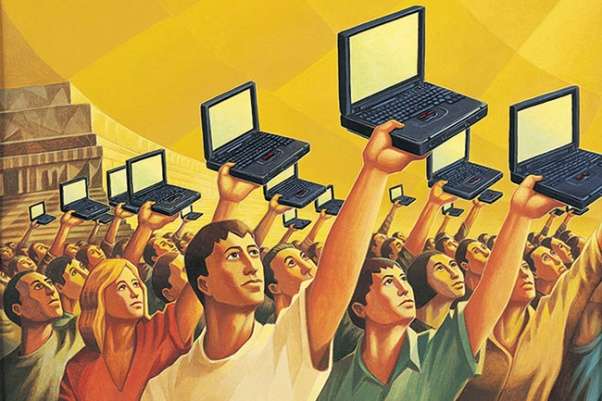
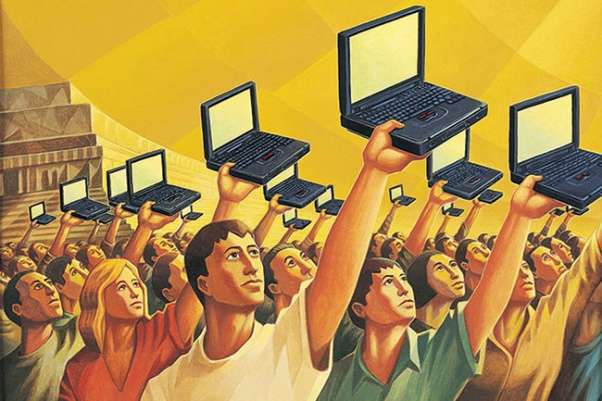
 India
India United States of America
United States of America New Zealand
New Zealand